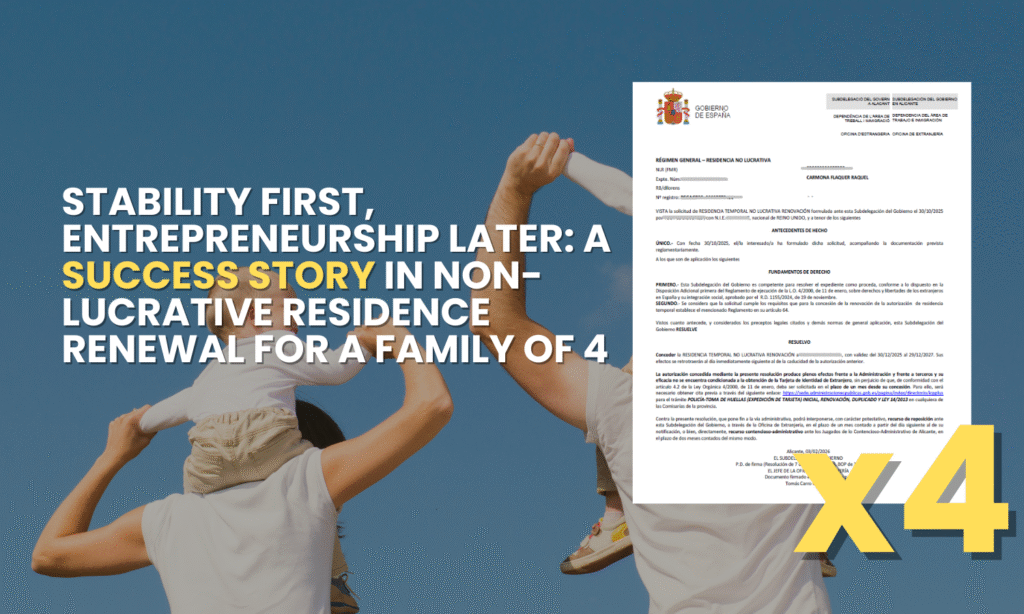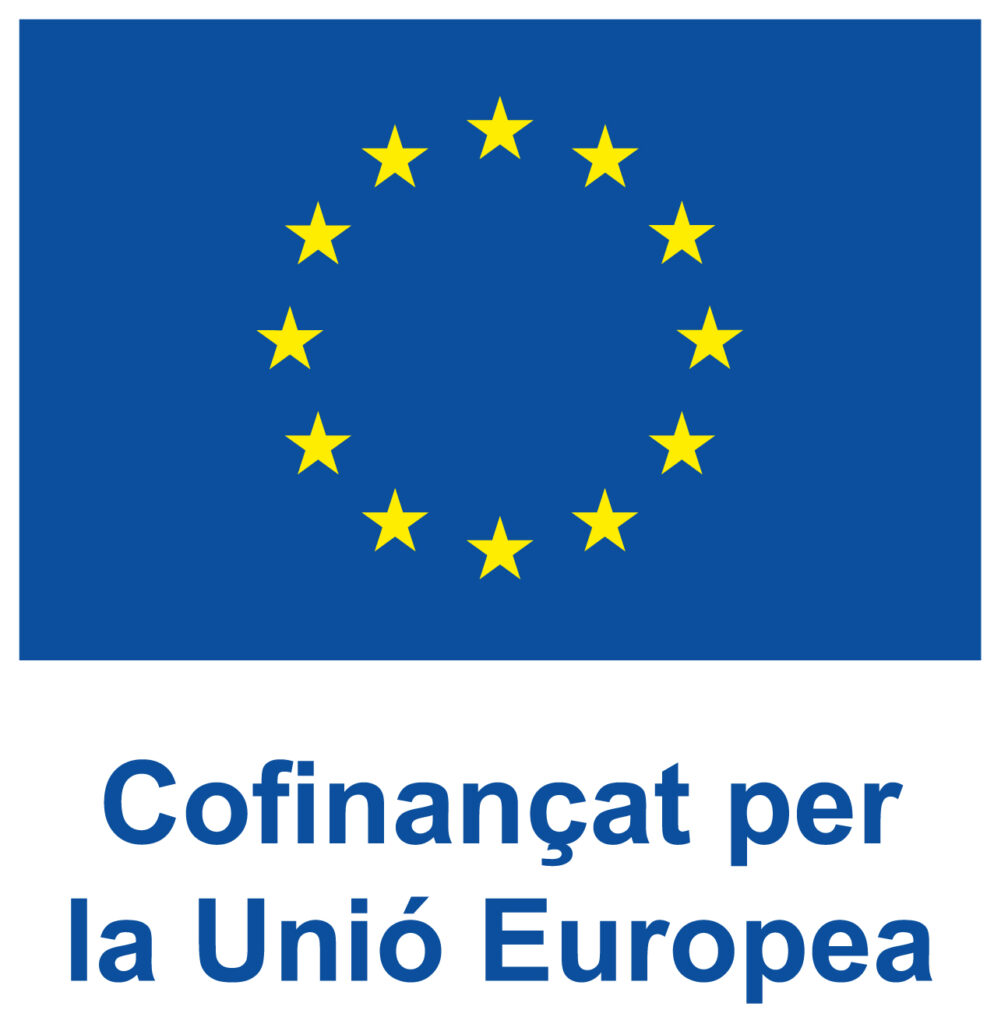Introduction
Purchasing property in Spain can be an enticing prospect for many foreign buyers, offering a blend of Mediterranean lifestyle and potential investment opportunities. However, the process can be fraught with challenges, especially for those unfamiliar with local regulations and practices. This article aims to shed light on common pitfalls in the Spanish real estate market and how prospective buyers can navigate them effectively.
Understanding the Spanish Property Market
Spain’s real estate market has seen significant activity from foreign buyers, particularly in regions like Catalonia. According to recent data, foreign nationals accounted for approximately 20.4% of property transactions in Spain during the first half of 2024.
However, this influx has also led to increased scrutiny and regulatory changes. For instance, the Spanish government has proposed a 100% tax on property purchases by non-EU buyers without residency, aiming to address housing affordability issues.

Common Pitfalls for Foreign Buyers
Foreign buyers often face unexpected challenges during property transactions in Spain, mainly due to unfamiliarity with local laws and procedures. Below are real examples of common pitfalls you might encounter—and guidance on how to address them effectively:
1. Lack of Transparency in Property Listings
Some property listings may not accurately reflect the true condition or legal status of a property. Buyers can face discrepancies such as incorrect square footage, unregistered renovations, or misrepresented amenities. It is essential to review the Nota Simple from the Property Registry carefully, as this official document provides detailed and reliable information about ownership, liens, charges, and legal status. Consulting with legal professionals to verify all details can help avoid costly surprises later on.
2. Unclear Fee Structures
In Spain, it’s customary for the seller to pay the real estate agent’s commission. However, some buyers may be unexpectedly asked to cover these fees. Always clarify the fee structure upfront and ensure that all costs are transparently outlined in the contract.
3. Delayed or Incomplete Documentation
Essential documents—such as the certificate of habitability, energy efficiency certificate, and community association records—must be provided promptly, usually before any payment is made (depending on regional regulations). Failure to supply these documents on time may constitute a breach of consumer protection laws and could expose the agency to sanctions. Buyers should be vigilant and insist on receiving complete documentation to avoid legal risks and ensure a transparent transaction.
4. Unqualified Real Estate Agents
Not all individuals presenting themselves as real estate agents are officially registered. In Catalonia, for example, agents must be registered with the AICAT registry. Engaging with unqualified agents can lead to legal complications and potential financial losses.

Protecting Yourself: Steps to Take
- Conduct Thorough Research: Before making any commitments, research the property market in the desired area. Understand average prices, neighborhood dynamics, and potential legal restrictions.
- Engage Qualified Professionals: Hire a reputable lawyer specializing in Spanish real estate law. They can assist in reviewing contracts, verifying documentation, and ensuring that all legal requirements are met.
- Verify Agent Credentials: Ensure that the real estate agent is registered with the appropriate regulatory body, such as AICAT in Catalonia. This adds a layer of accountability and professionalism to the transaction.
- Request Comprehensive Documentation: Ensure you obtain all relevant property documents—including the nota simple, certificado de habitabilidad, certificado energético, community association records, and any other necessary paperwork. Do not proceed with the purchase until every document has been carefully reviewed and verified.
Conclusion
While the allure of owning property in Spain is undeniable, foreign buyers must approach the process with diligence and caution. By being aware of common pitfalls and taking proactive steps to protect oneself, buyers can navigate the Spanish real estate market more confidently and securely.
How MigratioLex Can Support You
Navigating the Spanish real estate market can be challenging for foreign buyers unfamiliar with local laws and procedures. MigratioLex provides expert legal guidance every step of the way, from thorough document review and legal advice to representing you in negotiations with real estate agencies and consumer protection authorities. With MigratioLex, you gain a trusted partner dedicated to making your property purchase secure, transparent, and hassle-free.








